Disclosure: This article may contain affiliate links. If you decide to make a purchase, I may make a small commission at no extra cost to you.
Joint pain is a very common problem but doesn’t start to really affect people until they reach middle age. Often the cause is arthritis, which can come in many different forms and therefore treated in different ways. While a vegan or plant-based diet can reduce inflammation and protect against arthritis, some people say their joints hurt after becoming vegan. Is there a link between the two?
Firstly, if you’re experiencing joint pain and you feel that you can’t explain why you have it, going to the doctor to get a diagnosis is important. And from that point, you can take some action to alleviate it by making changes to your lifestyle.
Generally, a vegan diet that mostly consists of healthy foods such as fresh fruits and vegetables, has been found to improve symptoms of arthritis and reduce inflammation in various studies. For example, this study showed that a whole food, plant-based diet can improve symptoms of osteoarthritis.
That being said, there can be a connection between vegetarian and vegan diets, and the development of joint inflammation due to deficiencies, certain foods, supplements, and other factors that I will talk about later in the article.
Deficiencies that may be linked with joint pain and a vegan diet
Here are some of the possible vitamin and mineral deficiencies which can cause joints to hurt.
#1. Vitamin B12 deficiency
A deficiency in B12 won’t develop right away but it is something that you should be aware of and supplement if you’ve started a vegan diet. If you’ve been vegans for many months or even years and haven’t been supplementing, it’s possible that you could be low in B12 and you should get a blood test and supplement.
Joint pain is just one of the many symptoms associated with low B12 levels. If you are suffering from a deficiency, you will also very likely have other symptoms as well.
One case report describes how a 62-year-old man presented with severe joint pain, where he described the pain being at least 7 out of 10 (higher being worse) but also had many other symptoms [1].
Studies have consistently found that a large percentage of vegans to be deficient, and the number has been shown to be as high as 80% in some populations. Vegans in Italy, Australia, Germany, India, and China have been found to have suboptimal levels of B12 [2].
In another study looking at how prevalent B12 deficiency was among vegetarians and vegans, the found that in some age groups, up to 90% were deficient, with vegans having a higher risk [3].
#2. Vitamin D deficiency
Maybe it’s not just the cold that can cause aching joints but also low levels of vitamin D. It’s been found that both men and women with low levels of vitamin D are much more likely to experience widespread pain across their body. They were 3.9x more likely to experience arthralgia than people who had normal levels of vitamin D [4].
The prevalence of vitamin D deficiency is widespread even in sunny parts of the world. Some studies show that vegans and vegetarians are also more likely to have lower intakes of vitamin D in their diet and also lower plasma concentration of vitamin D [5].
If you think you might be low in vitamin D, consider taking a lichen-based vitamin D3 supplement.
Vitamin D has lots of roles in the body, but one of the main ones is that it’s involved in calcium absorption and helps build and maintain strong bones. Vitamin D also is able to regulate inflammation and help reduce the damage to the cartilage which can lead to joint pain.
#3. Calcium and magnesium
Magnesium is important for the absorption and retention of calcium in the body. Although vegan diets may not generally be low in magnesium, some people can absorb it less well due to high intake of calcium either from the diet or supplements, stress, infections, and reasons.
There have been reports (including my own experience) where some vegans were consuming enough magnesium from the diet but still presented with symptoms that indicated a deficiency. These symptoms went away after supplementing with magnesium.
The connection between magnesium, joint pain, osteoarthritis, and rheumatoid arthritis has been demonstrated in multiple studies and it’s thought to be linked with low levels of magnesium causing increased inflammatory mediators.
One of the earliest connections between magnesium and joint pain was from an epidemic of osteoarthritis that occurred in Mseleni and was named Mseleni Joint disease [6].
Other studies have demonstrated an association between magnesium and knee osteoarthritis. There was an inverse association with magnesium intake and osteoarthritis for white Caucasians but not African Americans [7, 8]
If you would like to give magnesium a try, check out my article to see which magnesium is absorbed best.
#4. Hidden ingredients in vegan foods might be causing your joints to hurt
Changing to a vegan diet can mean a huge shift in the way you eat. If you’ve switched to vegan meat substitutes, vegan milk substitutes, and vegan supplements, there is a chance that some ingredients might be in these products that aren’t agreeing with you and contributing to your pain.
Carrageenan
Carrageenan is an ingredient or food additive that is widely used. Studies have shown that carrageenan can lead to an inflammatory-cascade in human cells and also has been shown to cause a relapse of ulcerative colitis activity in patients who were in remission.
There is a close connection with inflammatory bowel disease and reactive arthritis, and therefore it’s plausible that carrageenan may cause arthritis symptoms in people who are susceptible [9].
Aspartame
There has been a lot of controversy around aspartame for a long time, but nevertheless, it’s still approved by the FDA and is used in many foods and supplements. According to arthritis.org, aspartame may set off a reaction causing and cause inflammation which can lead to joint pain [10].
#5. Low hormone levels
Any restrictive diet can lead to a significant reduction in calorie intake and nutrient intake can cause significant reductions in estrogen, testosterone, and thyroid hormones.
Low levels of sex hormones and thyroid hormones are linked with increased joint and muscle pain.
If you have any other symptoms that you might lead you to believe your hormones might be low, check with your doctor and get a blood test.
#6. Other causes of joint pain
Aside from the causes above, there are other reasons why your joints could be hurting that has nothing to do with the diet and might be related to something else. This is was it’s important that you see a doctor to get a proper diagnosis. However, here are a few other possibilities:
- Age
- Medications
- Autoimmune disease
- Lyme disease
- Gout
- Damage to the joint itself or ligaments
- Reactive arthritis – This can occur after a viral or bacterial infection and may last for several weeks to months.
- Infection
Foods and supplements that can help reduce joint pain
Now let’s look at a few foods and supplements that you could be taking to help stop your joints from hurting!
Turmeric and ginger supplements
Turmeric and Ginger have both been found to block inflammation and significantly improve symptoms in patients who are suffering from osteoarthritis and rheumatoid arthritis.
In fact, curcumin (the compound found in turmeric) has been shown to be just as effective as one type of medication used from rheumatoid arthritis.
These herbs are potent anti-inflammatory foods that you should use liberally in your diet in dishes and teas.
Read more on turmeric and ginger for arthritis.
Omega 3
Omega 3 can be obtained on a vegan diet from many different foods but it requires that ALA is converted into DHA and EPA by the body. A more effective way to get omega 3 is to take an algal oil supplement.
Omega 3 has significant anti-inflammatory and analgesic effects in helping reduce the pain associated with arthritis [11].
Omega 3 supplements suitable for vegans.
Supplements designed for joint problems
Rather than taking individual supplements, there are many good vegan supplements that have been designed specifically to help address joint issues.
Many of them contain the most helpful ingredients such as curcumin, ginger, glucosamine, MSM, and some others.
Supplements for joint inflammation and pain.
Green tea
Green tea is packed full of antioxidants that are able to block inflammation, block cartilage damage and reduce pain from arthritis.
If you’re not already drinking green tea, try to add a few cups per day and see how you get on. I recommend adding some ginger and turmeric powder for some extra punch.
Green Tea brands with the most EGCG.
Conclusion
Usually, a plant-based or vegan diet will significantly improve inflammation in the body and help relieve daily aches and pains that many people experience.
Of course, there are always exceptions and some people may experience negative effects after adopting a vegan diet, but it’s also possible these could be coincidental and not related to the diet. This is why it’s important to see a doctor and get a proper diagnosis.
The research that is currently available shows that going on a vegan diet leads to an improvement in osteoarthritis and rheumatoid arthritis, and there is a reduction in inflammatory markers in the body.
It’s possible that a deficiency, certain food, or changes in the body that have occurred is responsible for joint pain (or some other reason), but it’s unlikely that the exclusion of animal products alone is the reason why your joints may hurt.
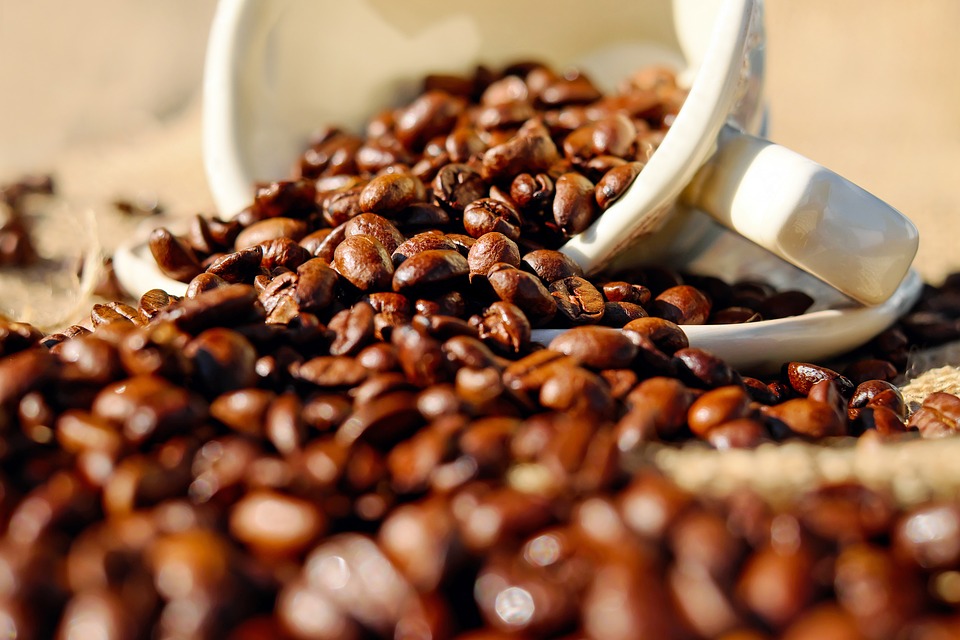
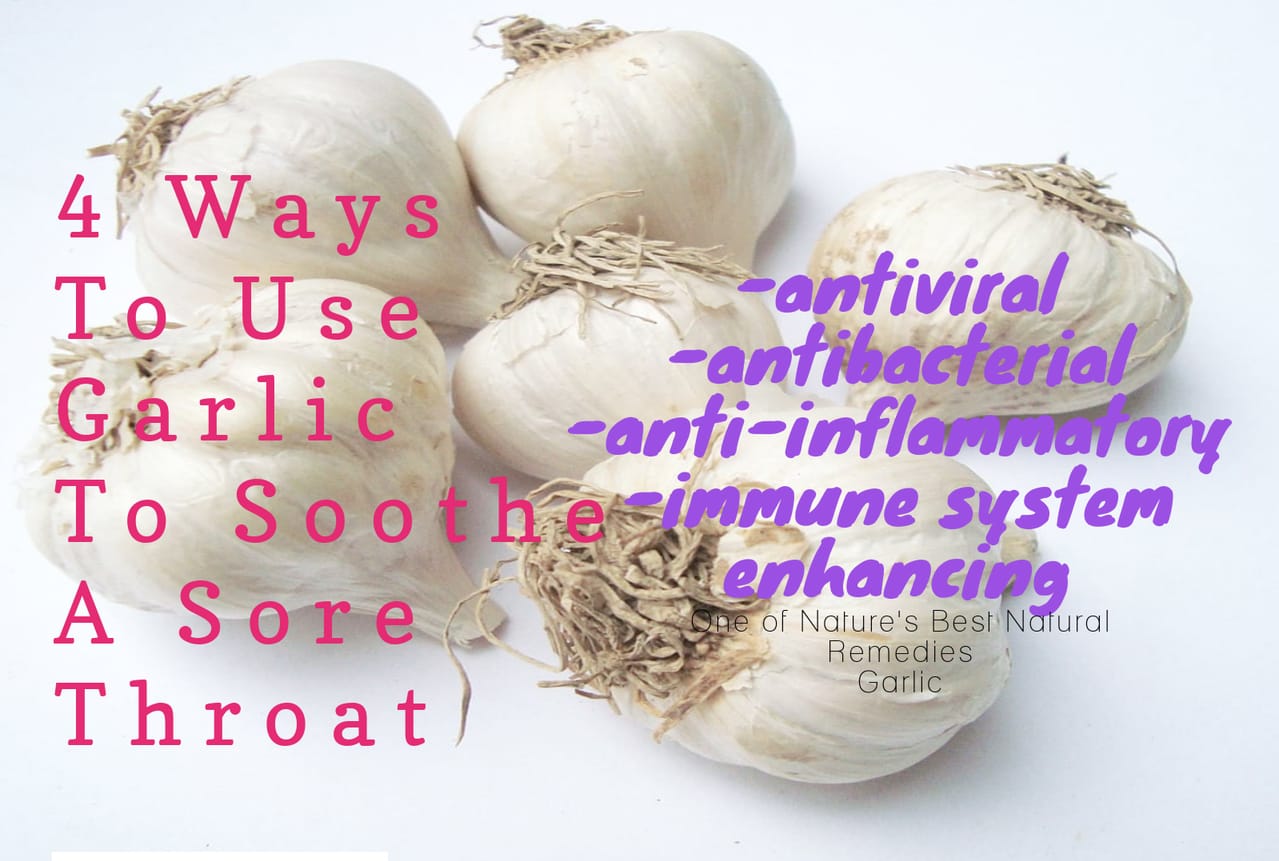
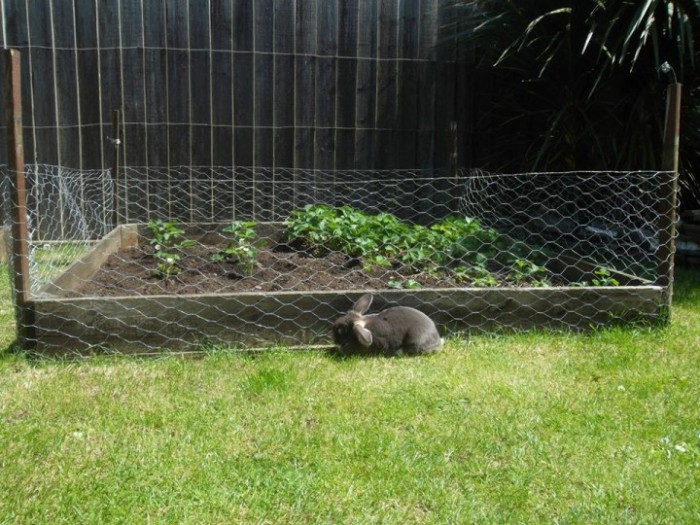
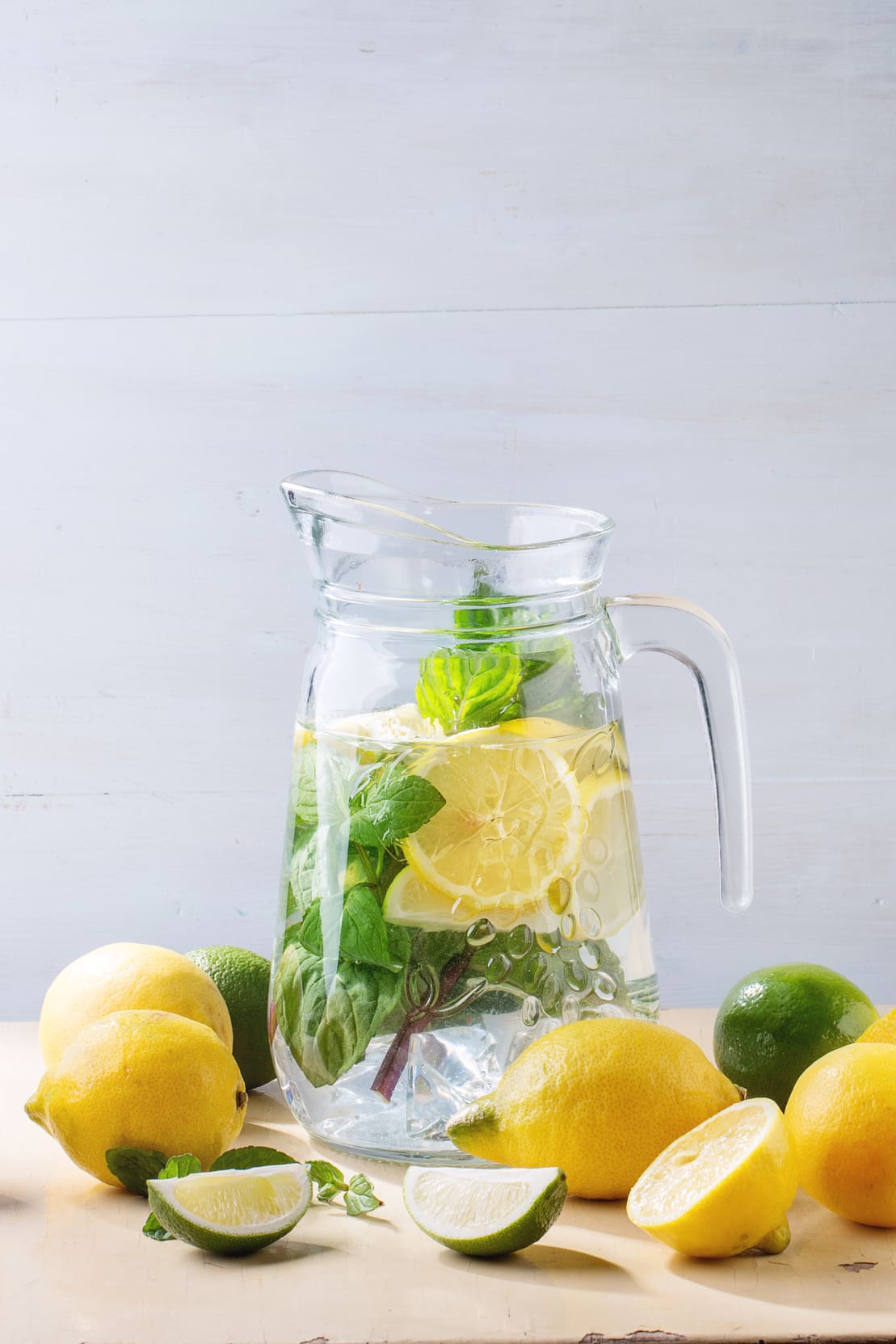

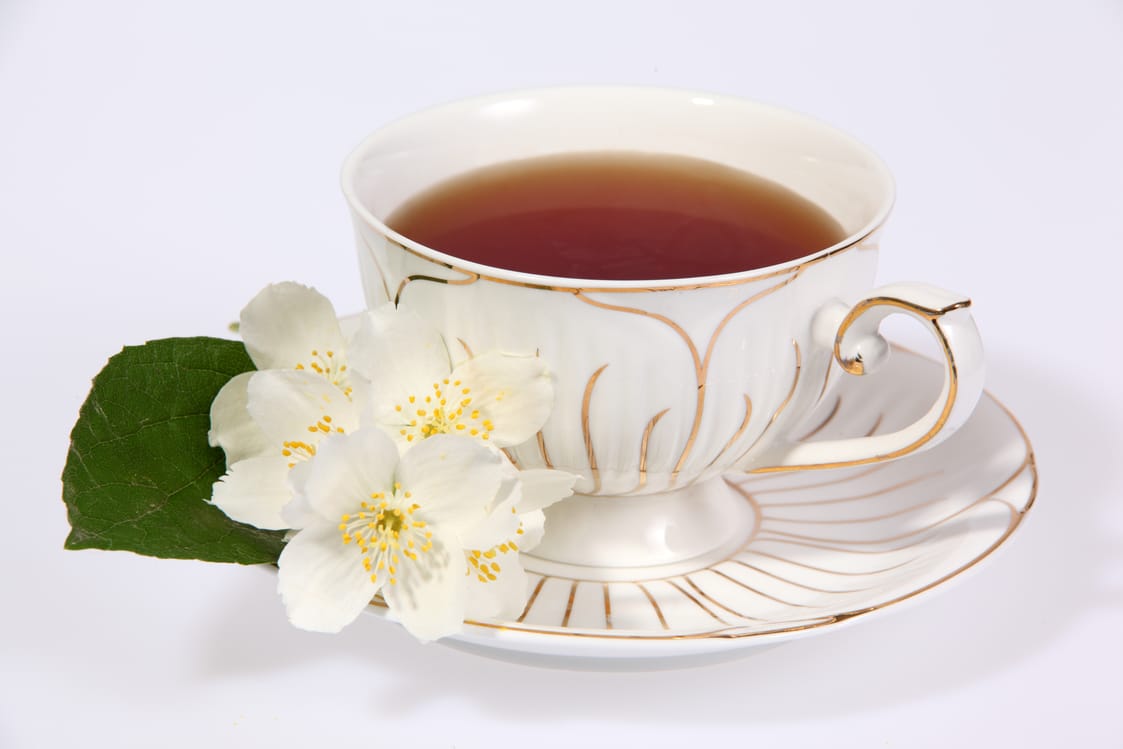


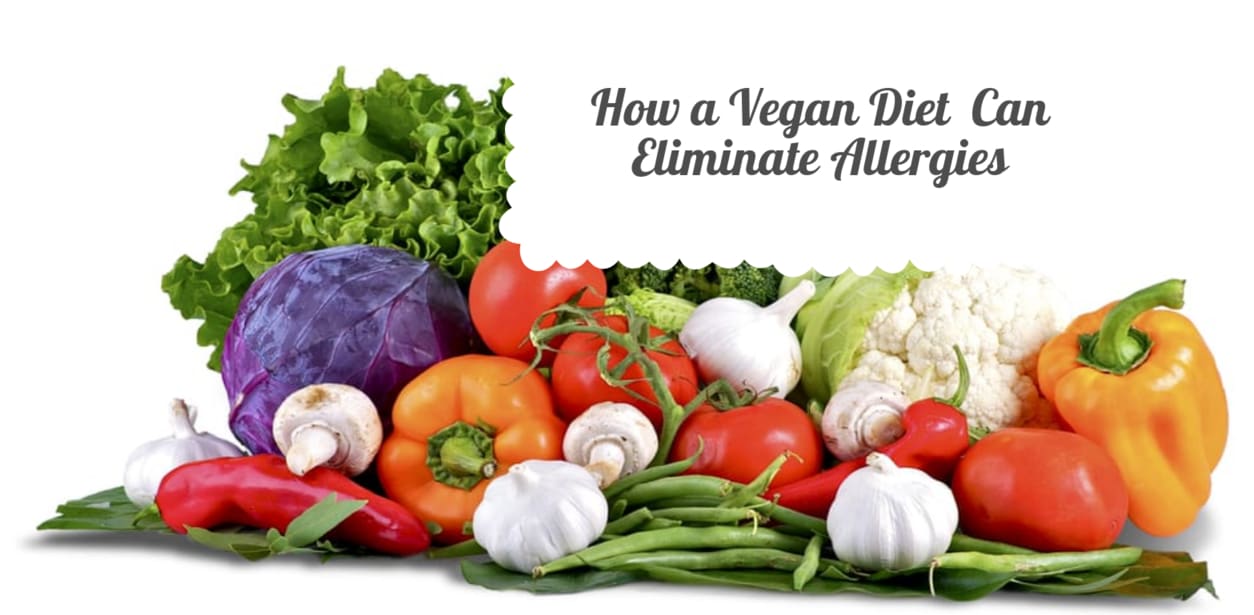

Thank you for sharing such useful information!
Thank you for this. My chiropractor almost convinced me to stop being vegetarian. You got me back on track, haha. I wanna share my vegetarian story cause I believe it agrees with you, haha. I was raised Hindu. Vegetarianism was not a choice, it was our way of life so I literally never ate one scrap of meat until I was about 12. I’ve been told I was unusually healthy for a child. I never got sick, had headaches, or stomach problems. Around 12 I moved from my Hindu household. I abandoned all religion due to confusion. But after 20+ years with no religion and no vegetarian family, it still makes me feel guilty to eat meat. It feels wrong. At 15 was when the sickness set in. Throwing up weekly, nausea almost every morning, and body pain. About 15 years of tests and doctors with no diagnosis, until they finally said I have fibro. But is that just a way to explain pain they can’t? Never had a diagnosis for the sickness but a doctor suggested maybe I can’t process meat because I wasn’t eating it as a child. The sickness stops when I don’t eat meat. But the pain has never left. I showed no deficiency but I’m gonna try everything you suggested! So many new things that could help!